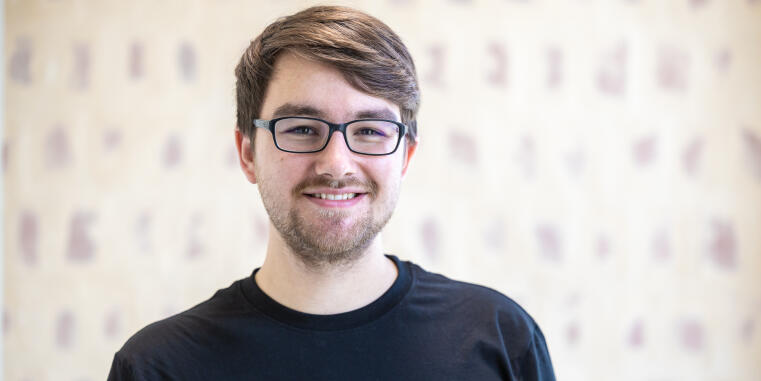

Research Area
This dissertation discusses the question of what basis can be used to plausibly justify a morally sound right to bequeath property. The aim is not to examine the institution of inheritance as such, but rather the assumption that anyone who claims ownership of something has the right to determine what happens to their property in the event of their death. Therefore, the primary focus will be on the justification of the right to bequeath and possible restrictions—including, where applicable, through a right to inherit.
First, classic justifications – the derivation of the right to bequeath from property rights, the concept of performance, and postmortem rights – will be systematically reconstructed and subjected to critical examination. Although they provide important insights, they must nevertheless be considered insufficient. This is followed by a critical examination of fundamental criticism of inheritance law. This is based on early modern debates on freedom of testamentary disposition, early socialist critiques, and modern egalitarian debates. The examination shows that fundamental criticism does not provide valid reasons for the complete abolition of inheritance law.
Based on these considerations, a separate teleological-functionalist theory is developed. The right to inherit is regarded as an institution that fulfills socially relevant functions. These include, for example, securing intergenerational projects, stabilizing legal transactions, and symbolically connecting the past and the future. It is only normatively justified insofar as these functions are morally relevant and cannot be replaced by better alternatives. With this teleological-functionalist perspective, the project combines empirical observation with normative reflection and opens up new perspectives for debates on justice and the future of inheritance law.
Conferences, Workshops and Lectures
- Lecture “Kulturelles Eigentum und Kulturerbe in der philosophischen Diskussion – Begründungsansätze und begriffliche Implikationen”, Lukas Daum (University of Münster), 6 June 2023, Münster
Researchers

